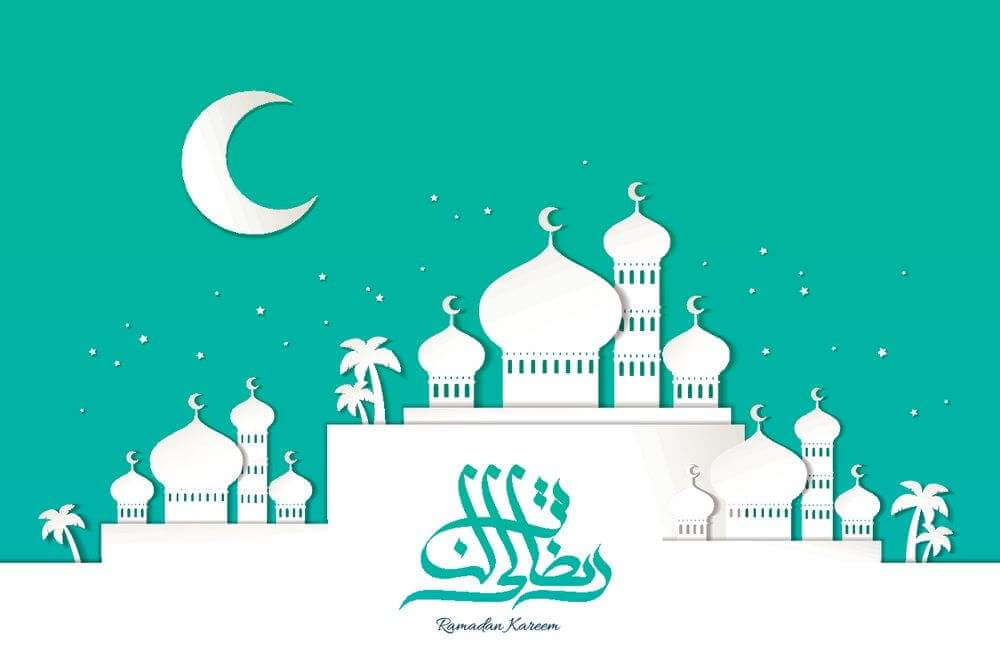On May 23, the month of Ramadan is over and Muslims are about to usher in the most important holiday, Eid al-Fitr. Many countries also plan to return people ’s work and life to their daily life after Eid. Of course it depends on the control measures during Ramadan Is it in place?
 Let’s first look at the control of Eid al-Fitr in various countries:
Let’s first look at the control of Eid al-Fitr in various countries:
- In order to consolidate the anti-epidemic results, Turkey will implement travel restrictions in all cities across Turkey from the eve of the holiday (May 23), during Eid al-Fitr (May 24-26), and the mosque will start from May Starting from the 29th within the relevant regulations, some domestic tourism will resume at the end of May.
- Saudi Arabia imposes a 24-hour curfew throughout the country during the Eid holiday. The specific curfew period is May 23 to May 27.
- In view of the rising number of confirmed cases in the UAE, the curfew period was extended this week, originally from 10 pm to 6 am, but now the curfew starts from 8 pm, and it is no exception during Ramadan.
- Iran allows worship in open spaces during Ramadan, and restaurants will be opened after Ramadan.
- Pakistan starts the Eid holiday on May 22-27. During this period, all enterprises, public places, markets, shops, retail, etc. are closed.
- From May 24 to 29, Egypt will completely close all shops, shopping malls, beaches and parks in the country, and suspend inter-provincial transportation and all public transportation in the
- country. The curfew time is 4 hours ahead on the previous basis, from 17:00 to 6:00 the next day. From mid-June, Egypt will gradually lift some prevention and control measures, including opening sports clubs, youth centers, mosques, etc. At the end of June, it will consider allowing restaurants to provide dine-in.
- The Indonesian government announced earlier that it would postpone the Eid al-Fitr public holiday originally scheduled for May 26-29 until December 28-31 to prevent people from flooding to their hometowns to celebrate Eid during the New Coronary Pneumonia epidemic.
- Malaysian polls show that 74% of the respondents indicated that they did not want to celebrate Eid al-Fitr with people outside their homes; and 20% of the respondents indicated that they would visit relatives.
- Jordan will continue to implement a curfew during Ramadan this year. However, in order to better meet the needs of the public during Ramadan, Jordan has allowed some industries such as electrical products, clothing, and furniture to resume work, while relaxing the blockade of certain southern provinces and regions where the epidemic has not occurred.
Eid al-Fitr, Gurbon Festival, and Holy Day are listed as the three major religious festivals in Islam, and it is one of the grandest festivals for Muslims. This festival marks the end of Ramadan. After Eid al-Fitr, the work efficiency of Muslim guests is expected to return to normal.




